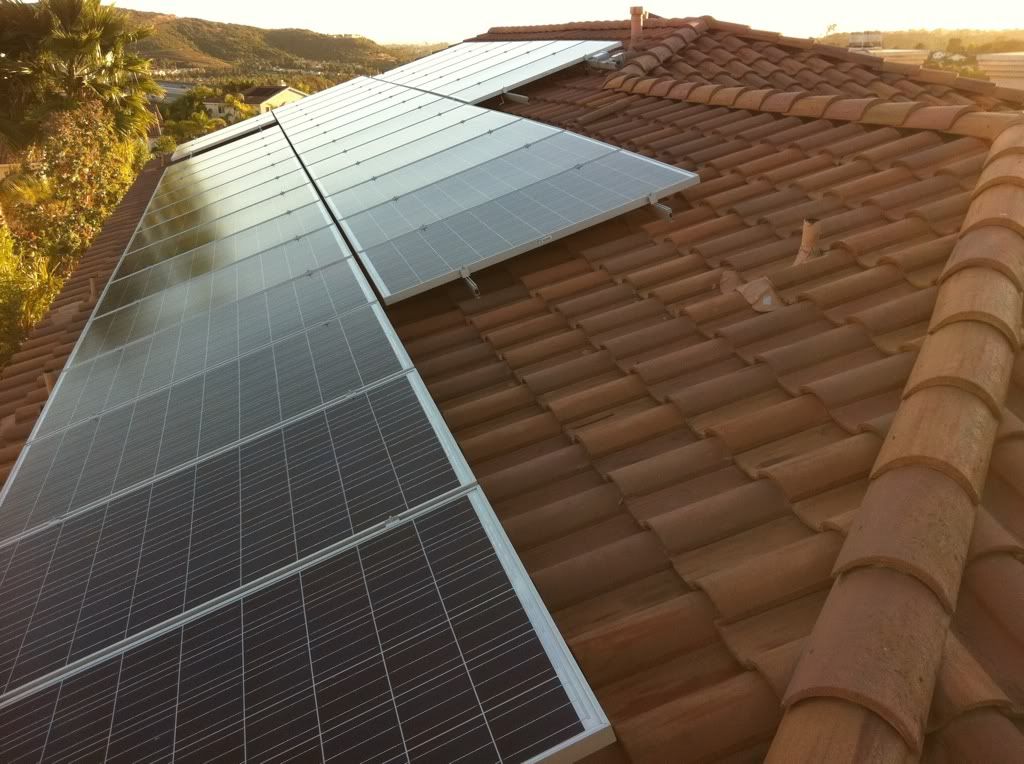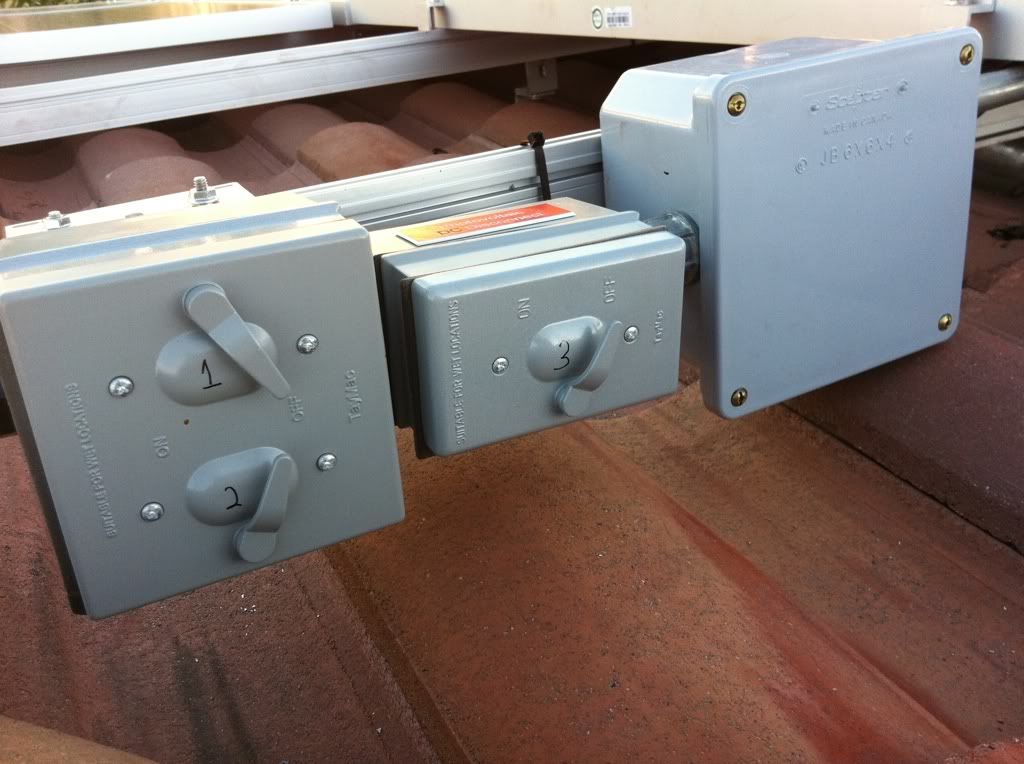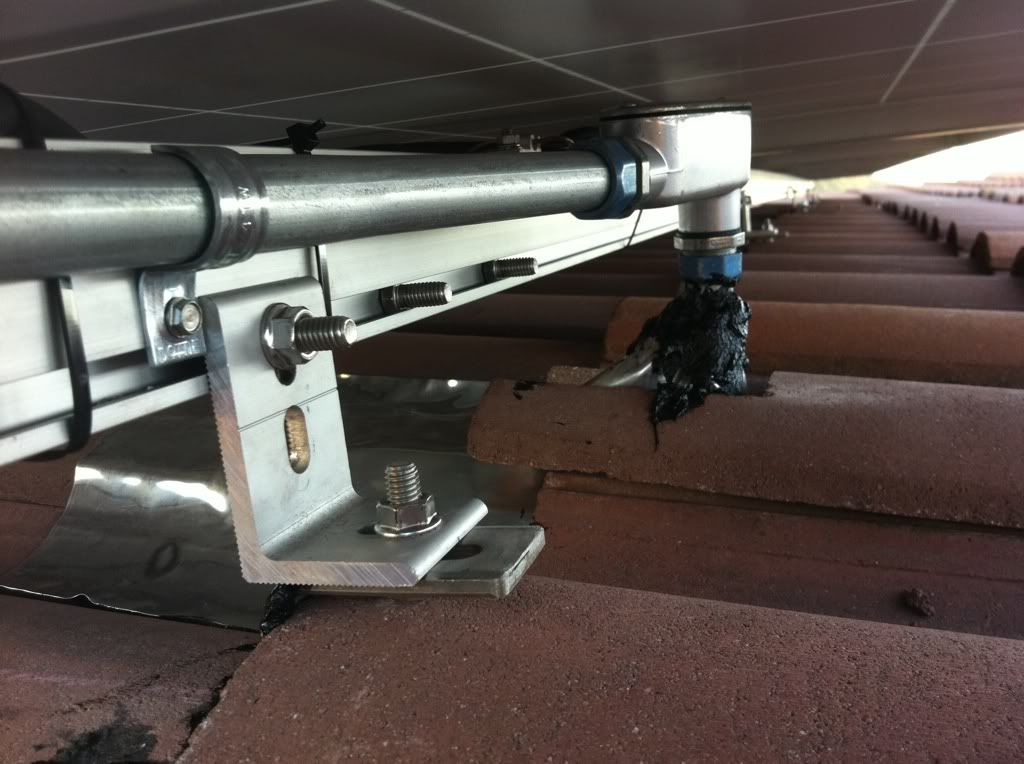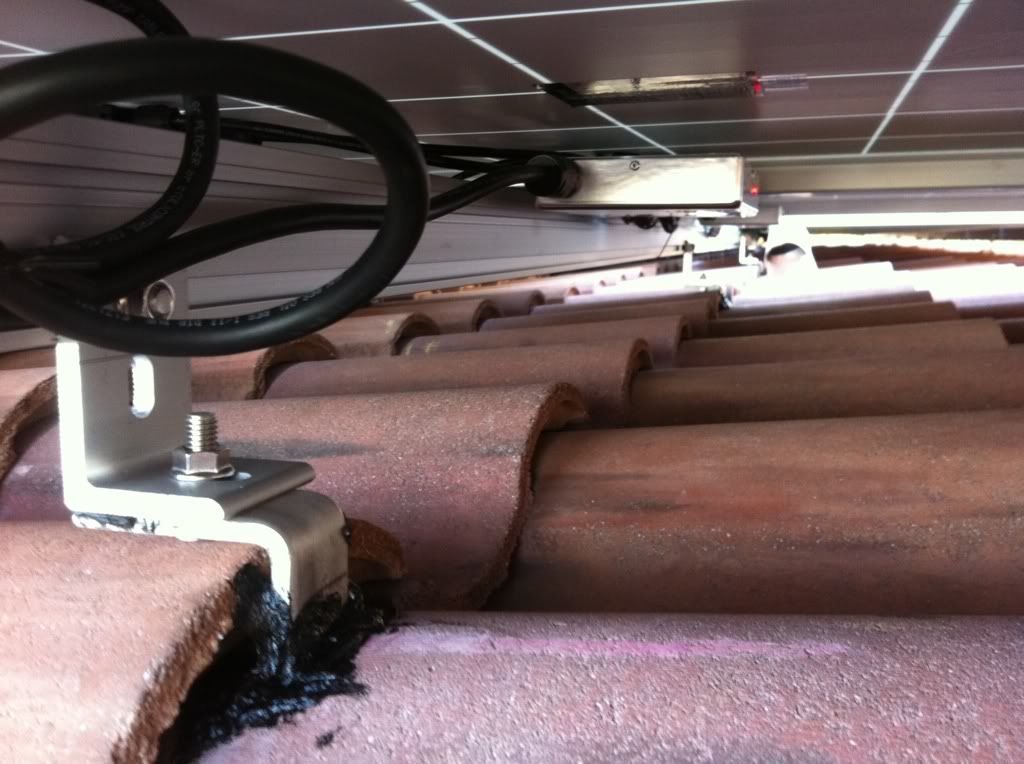We got a system from HelioPower (
http://www.heliopower.com) via
http://www.1BOG.org's group discount. We did the Orange County campaign and the price was
$5.44/DC W. I got bids from 6 other contractors and the 1BOG-selected installer beat out all the rest in price, knowledge, and professionalism. I highly recommend them.
Besides outright purchasing, most established solar installers (including 1BOG-selected ones) also have loan and lease options available. So solar is really like buying a car these days - pay cash, get a loan, or lease with little or no downpayment. Your return, of course, will vary depending on which option you choose.
I don't know where you are located but 1BOG is having a campaign right now for Los Angles county (http://1bog.org/deals/los-angeles/). It's at
$5.25/DC W, which is pretty darn good.
Btw, to compare bids, you want to compare $/kWh. So, for bid 1, if your gross cost is $25,000 and expected kWh for the first year is 6,000 kWh, the key number is
$4.17/kWh. For bid 2, if your gross is $21,000 and expected kWh is 4,800 kWh, the cost is
$4.375/kWh. In this case, you probably want to go with system 1 because your cost per kWh is less, even though the gross cost is higher. Of course, this assumes that the net cost is within your budget

The $/kWh figure takes into account the efficiency of the installation, equipment, and so on. So it's a good metric to use. For example, a 6kW DC system installed on an east-facing roof will likely produce
less than a 5kW DC system facing south and the $/kWh figure will reflect that.
Let me know if you have any other questions.







